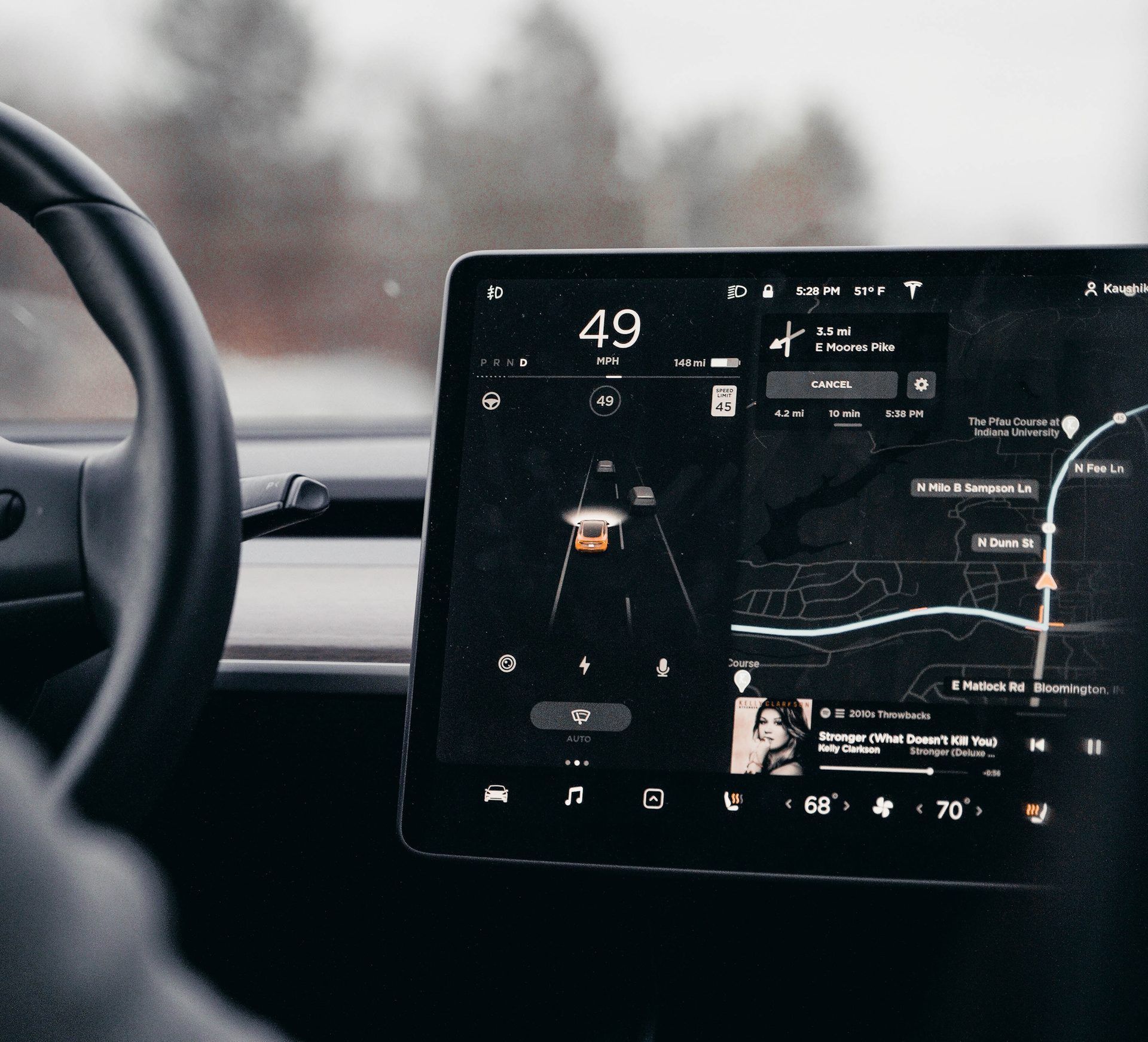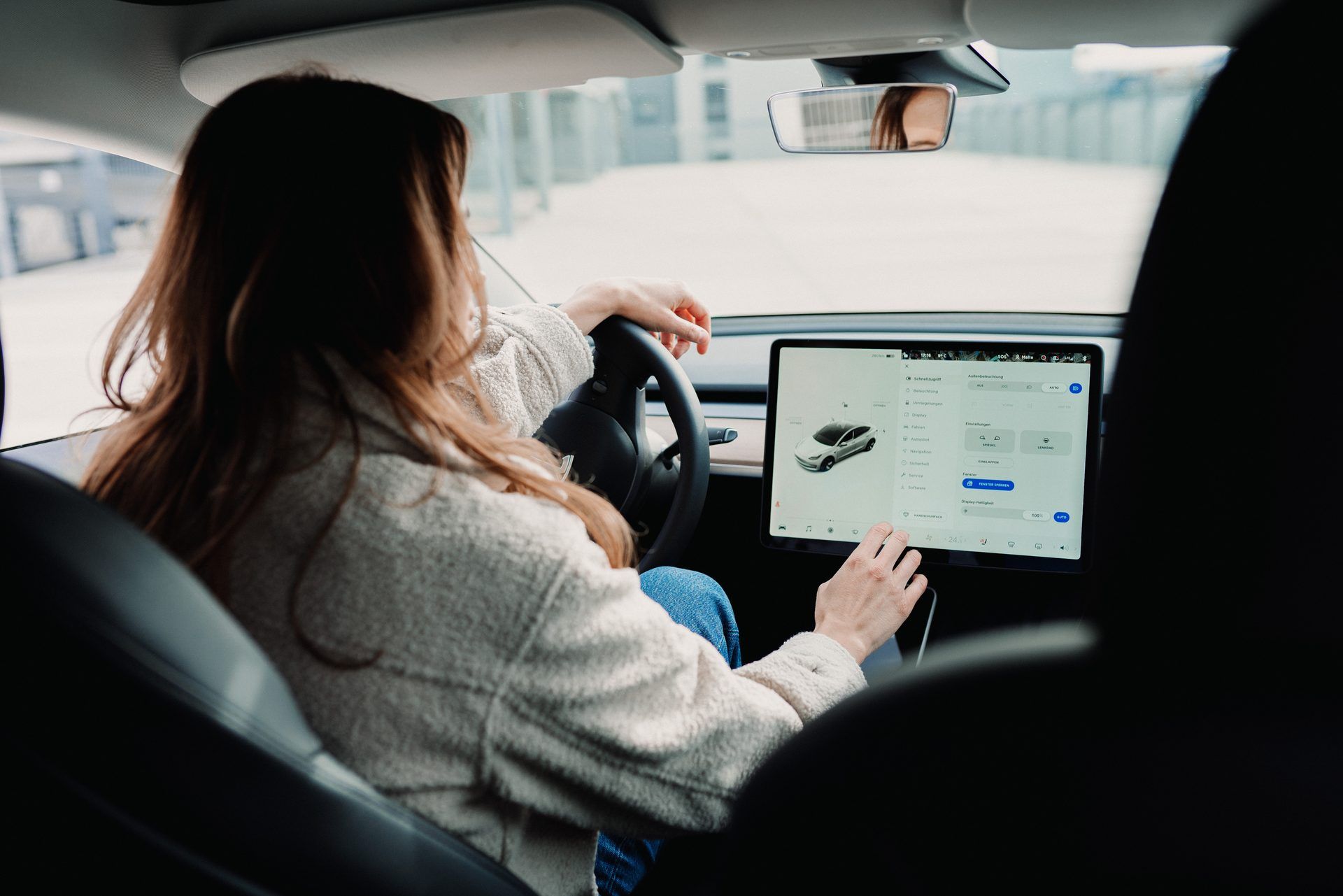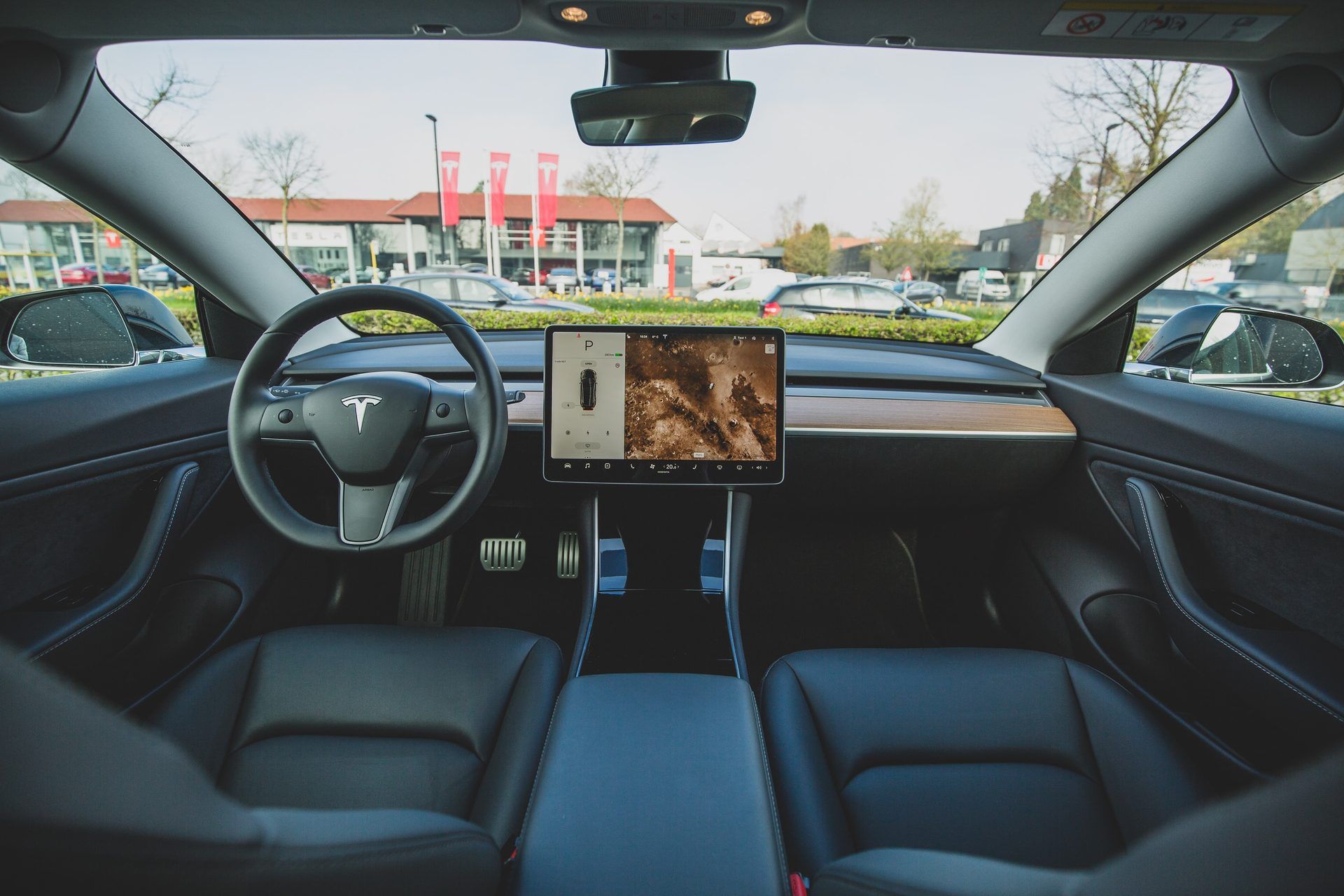If you had asked any sci-fi writer back in the 1950’s, what they envisioned for the auto-industry of the 2000’s, then they would no doubt have predicted that we would have had autonomous, self-driving cars, if not self-flying cars by now!
So while we may be 20-something years behind schedule, it seems that finally, the first part of this prediction may well now be coming true at long last. As of 2023, these advanced, AI and satellite guided self-driving vehicles are making steady progress towards becoming a mainstream reality.
In collaboration with mny.com.au, this article explores the economic impact of autonomous vehicles and forecasts the transformative potential they hold for various sectors of the economy.
The present reality of autonomous vehicles
While it is hard to get accurate and precise data on this topic, most tech industry experts think that there are currently around 1,400 autonomous, driverless cars on the road in the US today. When you consider that there are nearly 300 million regular cars on US roads, that number is negligibly, laughably small. However, this 1,400 number represents vehicles in development that are being tested by as many as 80 different companies and every mile they cover represents a giant leap towards a technological revolution.

The present consensus is that autonomous cars will be available for purchase by 2035 but already, economists, futurologists, and in some cases, politicians are already warning of the major economic displacement they will cause.
The economic impact of autonomous vehicles
Technology is almost always good for business but bad (at least in the immediate term) for workers, and the prognosis here looks set to follow that trend.
In industries such as logistics and transportation, the introduction of autonomous vehicles is likely to drive significant cost reductions. Self-driving vehicles can optimize route time (they don’t need to sleep, remember), reduce delivery times, and ultimately eliminate the need for human drivers, thus lowering operating expenses.
Additionally, the current expectation is that self-driving cars will require less maintenance than current models delivering more savings.
If you are a shareholder in a tech giant such as Amazon or Uber, then you may be rubbing your hands in glee at this. But there is a very severe cost to this.
Of course, the flip side here is that the United States’ 2.5 million drivers will be out of a job representing the single biggest displacement of labour in recorded human history. It is not currently possible to estimate the economic impact that this will have, but the fact is that taking money out of people’s pockets takes it out of the economy and out of the taxation system.
The future of autonomous vehicles
Unless you happen to be one of America’s 2.5 million professional drivers, then the future of autonomous vehicles does hold immense promise for further economic transformation.

Ongoing technological advancements should lead to improvements in road safety for example. Over 30,000 people die each year on roads in the US, and aside from the terrible loss of life that this represents, the economic cost of road accidents is considerable. What this may mean for insurance companies and insurance premium payers is unclear, but hopefully, annual premiums will reduce as risk decreases.
Next, it is expected that driverless cars will also help reduce congestion and those hated traffic delays. The average American driver loses 51 hours in traffic each year, with an estimated associated economic cost of $861 per head. This benefit will also increase exponentially as driverless, autonomous, unmanned vehicles are integrated into future technological projects such as smart cities.
Case studies
There are already a handful of companies and industries that are reaping the benefits of autonomous vehicle technology. For example, Tesla’s self-driving cars serve as a prime example of how such innovations are transforming the automobility landscape.

By combining cutting-edge software and hardware, Tesla’s current generation driverless cars are already enhancing road safety and freeing up dead time that drivers would previously spend hunched over a wheel, honking hard on the horn.
Next, Waymo, a subsidiary of Alphabet Inc. (the parent company of Google), used its driverless car fleet to launch a commercial self-driving taxi service called “Waymo One” in the Phoenix metropolitan area in 2018. This pioneering service allows app users to hail autonomous vehicles using a mobile app and travel to their destinations all without a human driver.
Exciting as all of this sounds, the economic impact is not yet clear. Clearly, Waymo is already busy putting Phoenix’s cab drivers out of a job and hitting Uber’s bottom line in the process, but the pilot scheme is too small and localized to really draw any meaningful conclusions. Anecdotally however, local Waymo users in Phoenix are commenting that the service is not any notably cheaper than Uber though, which casts doubts on those hopeful predictions that autonomous cars will reduce consumer costs.
Final thoughts on the economic impact of self-driving cars
The potential economic impact of autonomous vehicles is almost incomprehensibly vast. It may well represent one of the largest seismic cultural and economic shifts since industrialization.
On the one hand, the cost saving and increased efficiency they offer for logistics and transportation are huge. They are set to boost profitability for companies and cut costs for consumers. On the other hand, a vast swathe of the American workforce will need to retrain as delivery and driving jobs become obsolete.





